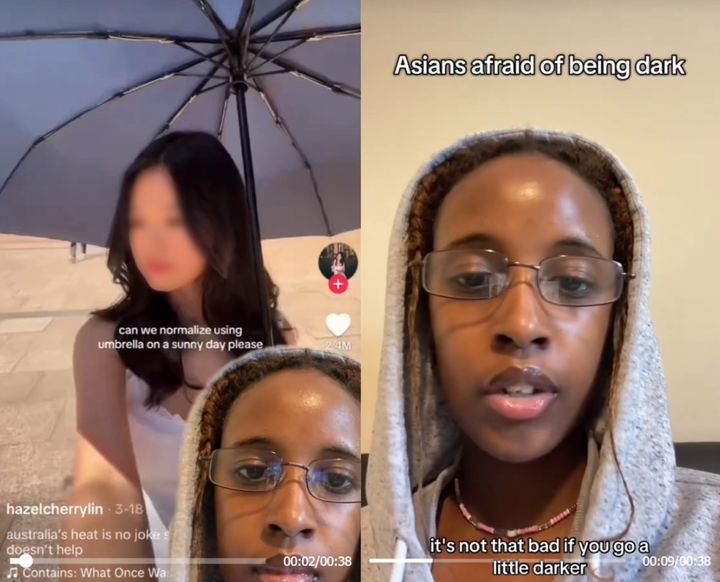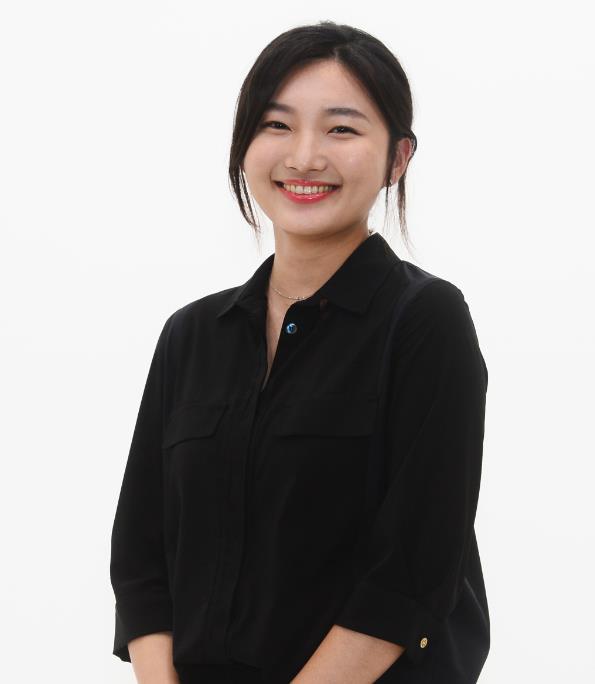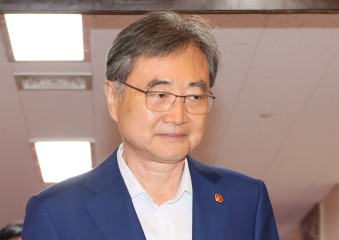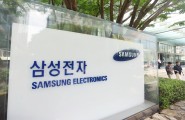
Parasols, or sun umbrellas, have long been a summer necessity in several Asian countries. It is easy to spot both men and women holding them over their heads in the streets of South Korea and Japan, to shield against the sunlight and strong UV rays.
However, a viral TikTok video claiming that the widespread use of such sunshades in Asia stems from underlying "white supremacy" has stirred controversy and sparked heated debates over whether the issue is about racism or health.
In the video, titled “Asians afraid of being dark," the TikToker questions why parasols are so popular in Asian countries. “Someone needs to explain to me why Asians are so afraid of the sun,” she said.
"I promise you it's not that bad if you go a little darker ... A few minutes in the sun won’t make your skin that dark.”
She then went on to imply that the fear of darker skin tones among Asians is linked to the bias of “white supremacy,” suggesting that such aversion stems from internalized ideals of lighter skin as superior.
The video has garnered over 600,000 views and more than 6,200 comments, many of which strongly push back against the assertion.
One commenter wrote, “I get headaches from just a short time in the sun. I don’t care about getting darker. I just don’t want to pass out in the street.” Another user asked, “If I get skin cancer, are you going to pay my hospital bills?”
Others called out the oversimplification of health-conscious behavior as racial bias. “Avoiding sunburn and skin cancer is not white supremacy.”
Experts have weighed in as well, emphasizing that UV umbrellas can be vital tools for sun protection, especially during record-breaking heat waves and intense ultraviolet radiation.
Dermatologists note that parasols can help prevent sunburn, premature aging, sunspots and even hair loss by shielding areas such as the face, neck and scalp from direct sunlight.
Science supports these claims: according to a joint study by the Seoul Institute and Japan’s Ministry of the Environment, the use of parasols can lower the perceived temperature by up to 10 degrees Celsius. By blocking direct rays and diffusing radiant heat, parasols create a shaded microclimate, reducing the risk of heat-related illnesses such as heatstroke.
Sunshades also offer eye protection by minimizing glare and reducing the risk of cataracts and macular degeneration. Prolonged exposure to UV rays can also contribute to skin aging and, in severe cases, skin cancer.
Proper parasol selection is key. Experts recommend choosing umbrellas with a white outer layer to reflect light and a dark-coated inner layer to absorb residual rays. Like sunscreen, their effectiveness wanes over time; parasols should be replaced every two to three years or when the UV coating deteriorates.
As summer heat intensifies, more people are relying on parasols for protection. Sales data from major Korean department stores also show a sharp rise in parasol purchases. From July 1 to 29, Shinsegae reported a 44.3 percent increase in sunshade sales compared to the same period last year. Lotte and Hyundai department stores recorded jumps of 60 percent and 47 percent, respectively.
Interestingly, even in the US, where sunshades have traditionally been seen as niche accessories, parasols are gaining mainstream attention. The New York Post recently dubbed UV umbrellas the "hottest summer trend," reporting that many Americans are turning to them for relief in increasingly oppressive weather.
jychoi@heraldcorp.com




